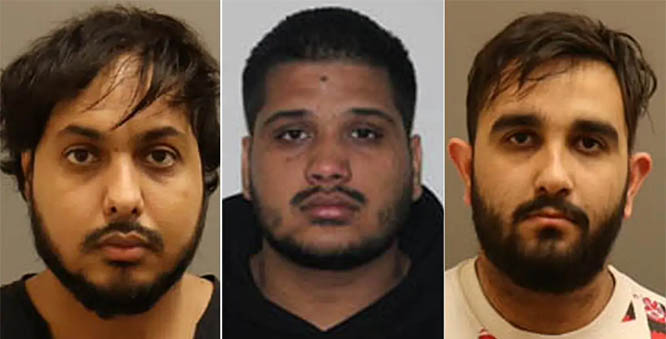Electronics Corporation of India Ltd and Bharat Electronics Ltd have refused to disclose the names and contact details of the manufacturers and suppliers of various components of EVMs and VVPATs under the RTI Act citing "commercial confidence", according to RTI responses from the PSUs to an activist.
Activist Venkatesh Nayak had filed two identical Right To Information applications with the ECIL and BEL, seeking the details of the manufacturers and suppliers of various components used in the assembling of the electronic voting machines (EVMs) and voter-verifiable paper audit trail (VVPATs).
The VVPAT is an independent vote verification system which enables electors to see whether their votes have been cast correctly.
The ECIL and the BEL, public sector undertakings under the Ministry of Defence, manufacture EVMs and VVPATs for the Election Commission.
Nayak also sought a copy of the purchase orders for the components from both PSUs.
"Information sought is in commercial confidence. Hence details cannot be provided under Section 8(1)(d) of the RTI Act," BEL said in its response.
A similar response was sent by ECIL which said the details requested are related to a product which is being manufactured by ECIL, and third party in nature.
"Disclosing of details will affect the Competitive position of ECIL. Hence, Exemption is claimed under section 8(1) (d) of RTI ACT, 2005," it said.
In response to the purchase order copies, ECIL's central public information officer said the information is "voluminous" which would disproportionately divert the resources of the Public Authority.
"Further, the information will give away the design details of EVM components. The same may pose a danger to the machines produced. Hence, the exemption is claimed U/s 7(9) and under section 8(1)(d) of RTI Act, 2005," ECIL said.
Section 8(1)(d) of the RTI Act exempts from disclosure the information, including commercial confidence, trade secrets or intellectual property, the disclosure of which would harm the competitive position of a third party, unless the competent authority is satisfied that larger public interest warrants the disclosure of such information.
Section 7(9) of the Act says the information shall ordinarily be provided in the form in which it is sought unless it would disproportionately divert the resources of the public authority or would be detrimental to the safety or preservation of the record in question.
"I don't know whose interests they are trying to protect against the right to know of close to a billion-strong electorate. ECIL said that disclosure of the purchase orders will reveal the design details of the components and this may pose a danger to the machines produced. ECIL did not upload even a signed copy of its reply on the RTI Online Portal," Nayak said.
He said it is reasonable to infer that the two companies are not manufacturing every single item of the EVM-VVPAT combo or else the two companies would have replied that they are manufacturing all these components internally without any outsourcing being involved.
"But the electorate is expected to take everything about the voting machines based on what the ECI is claiming in its manuals and FAQs," Nayak said.








Comments
Add new comment